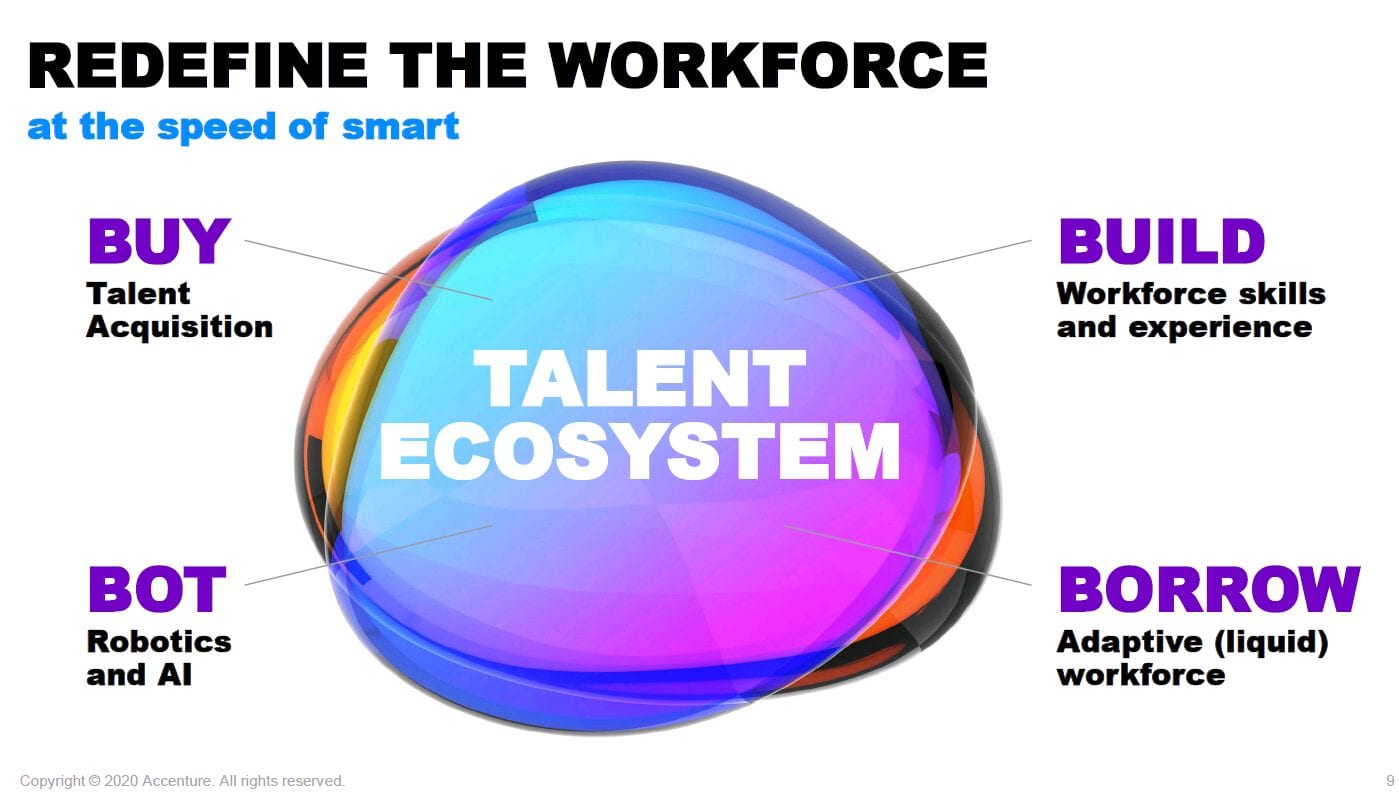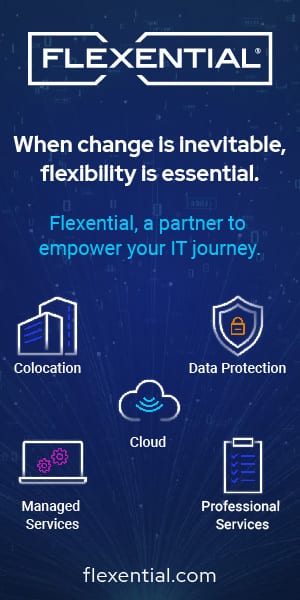Disruption is changing everything but perhaps is having the greatest impact on the workplace, as was evident from the compelling presentation by Katherine LaVelle, Managing Director, Strategy, Accenture on the Future of Work: Unlocking Human Potential.
 Among the shifts, Accenture is seeing in the workplace to pay attention to are:
Among the shifts, Accenture is seeing in the workplace to pay attention to are:
- The emergence of empowered millennial workers, often called “Pathfinders,” who want and expect immediate access to the C-Suite
- Humans and machines increasingly working together in collaborative relationships
- The jobs that will be in demand three years from now are not yet known, making it difficult for companies to plan for the future
- Population declines and demographic shifts will lead to real shortages in the number of people available to do jobs with the skills needed, particularly in STEM
- Existing workforces will have outdated skills
- Within three years, most people will not have a single employer but “gigs,” particularly new students and employees nearing or in retirement
To build a future workforce, companies need to: Reimagine the work, Redefine the Workforce and Reinvent Leadership.
To build a future workforce, companies need to: Reimagine the work, Redefine the Workforce and Reinvent Leadership.
In the talent ecosystem, companies have four ways to find talent. They can buy (talent acquisition), bot (robotics and AI), build (upskill your workforce) or borrow it (use an adaptive or liquid workforce).
 “You need to redefine the workplace at the speed of smart,” Lavelle said. “If you can’t find talent, you could be in real trouble.”
“You need to redefine the workplace at the speed of smart,” Lavelle said. “If you can’t find talent, you could be in real trouble.”
The new skilling will be particularly important in outsourcing relationships because companies need to ensure they are investing in the right skills such as analytics, data and visualization.
Leadership also is needed that can solve the highest value problems with data-led and human-centric design approaches, effectively combining left and right brain attributes.
The culture of an organization also will be key to attracting and retaining the best talent. “An innovative culture that allows employees to test and learn without fear of failure is most appealing for employees to stay long term,” she said.
Organizations that find a way to effectively work with the “pathfinders” will have higher earnings and drive hard economic value. Lavelle shared the example of a company that is putting millennials on a C-Suite ad hoc group and giving junior employees the opportunities to express their views to leadership.
“We have opportunities to unlock the value of our workforces and see potential like never before,” Lavelle told the OWS2.0 audience.





